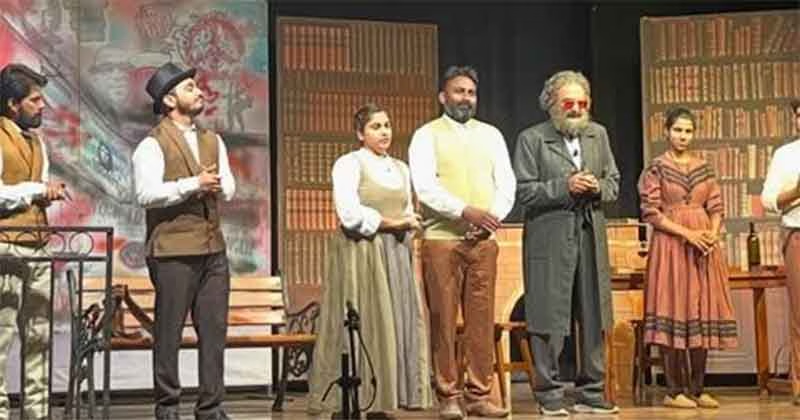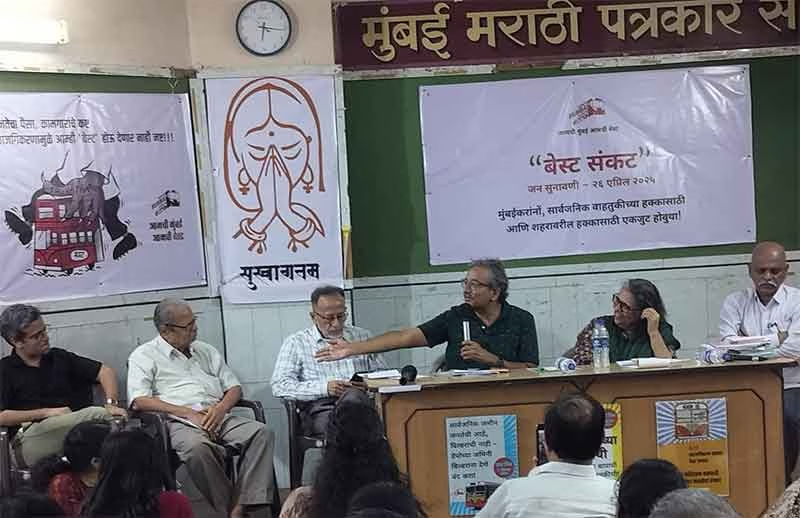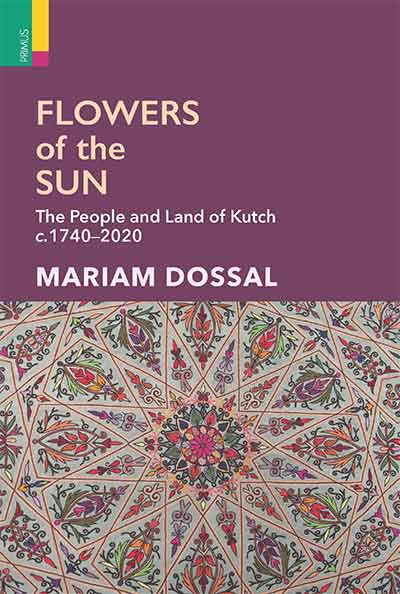
Obviously it is necessary to resist the campaign of Hindutva elements for demolition of the tomb of Aurangzeb, the Mughal emperor. But by going to the other extreme of eulogising Aurangzeb, some people are playing into the hands of the Hindutva elements .
The point is the Aurangazeb model of orthodoxy and sectarianism adopted in Pakistan has greatly harmed that country and there is considerable awareness in Pakistan on the issue now.
After the Partition in 1947, Pakistani historians supporting state ideology in the two-nation theory reconstructed the historical narrative by critically examining Akbar and Aurangzeb. I.H. Qureshi condemned Akbar and his religious policy as being against the interest of the Muslims of India. He accused Akbar of being the major cause of the downfall of the Mughal empire as he had granted concessions to the Hindus thereby alienating the support of the Muslims. To promote the image of Aurangzeb and to popularise his policies, ‘Alamgir Day’ was observed on May 3, 1965
The Islamization of Pakistan was intensified in the rule of General Zia, he exploited it to seek legimacy. Just as Aurangzeb indulged in murders, Zia had Bhutto judicially hanged.
Subsequent historians like Mubarak Ali have strongly criticised the legacy of Aurangzeb. He said in the daily Dawn in 2015 that there are several instances where Aurangzeb shrewdly twisted religion for his own political interests. For example, Dara Shikoh was not executed for being a political rival but as an apostate, based on a fatwa which was issued by the ulema to suit the interests of the emperor. Through his policy of Islamisation, Ziaul-Haq changed the whole fabric of Pakistani society but like Aurangzeb, the Islamisation failed to reform the society. When a nation adopts a culture that does not suit the relevant times, it leads the whole nation into disorder and chaos.
Adopting Aurangzeb as a model is hardly a good policy as it blocks the process of enlightenment and progress. Our society needs a policy of tolerance and pluralism, not a culture of intolerance and extremism. Nations make mistakes when they do not study history in its true perspective, Mubarak Ali wrote.
More recently, Prof Muqtedar Khan of Delaware university, has described Aurangzeb as a hypocrite about being a devout Muslim, in fact he constantly violated Islamic principles by carrying out executions for which he should have been punished under Shariat law.
Aurangzeb was the Zia ul Haq of Mughal era who took sahara (refuge) of Islamization for getting legitimacy in the early years of his rule which was denied to him. His character was in fact unIslamic.
Irfan Habib, the well known Marxist historian, has observed that the Mughal extraction of surplus was unjust and he said Aurangzeb is not every one’s cup of tea, certainly not mine.
But some people in India writing with an authoritative air are hailing Aurangzeb almost as an ascetic saint and functioning as a trustee of people in his rule which reminds one of the Gandhian concept of trusteeship. This despite Aurangzeb’s self denunciation on death bed.
It is also being argued that the Indian GDP in Aurangzeb’s time was much higher than of England, Europe. That is true. But we now know too well that the GDP cannot be taken as a marker of progress of common people.
The more pertinent point to ask is why there was so much democratic spirit in England at the time of Aurangzeb and even much earlier despite an old tradition of monarchy which continues in England to this day though in a very diluted form.
While Aurangzeb beheaded his own brother in pursuit of power in England people had beheaded King Charles in 1649 well during Aurangzeb’s life time following the civil war between Parliamentarians and royalists.
After the execution of Charles, the great poet and thinker, Milton instantly published his Tenure of Kings and Magistrates, congratulating the people of England on ridding themselves of a “wicked king” and reaffirming their natural liberties.
In India following the controversy over the Hindi film Chhava which exploits Aurangzeb’s cruelty to Sambhaji, son of Shivaji, Hindutva elements have launched a campaign against Muslims. This campaign should be opposed but because Hindutva elements see Aurangabad as an enemy, some people need not look at the issue in terms of our enemy’s enemy is our friend. So, secular people need to look at the phenomenon , more objectively.
Audrey Truschke, American history scholar and author of the book Aurangzeb – the Man and the Myth, has sought to whitewash his negative image, played the victim card when Hindu fundamentalists campaigned against her. She has got a lot of positive publicity in India from naïve sections but she has been fully exposed in the West and am not referring to the campaign against her from Hindutva elements.
In her interviews and public lectures that she comes off as a very insensitive person in contrast to her attempts to look very girlish, rolling her eyes . She blatantly defends Aurangzeb’s murders and cruelty saying he should not be judged by Western standards. But elsewhere when it suits her she condemns other historical, mythological characters by using contemporary yardsticks.
Clearly, there is no milk of human kindness in her. She reminds one of Lady Macbe In William Shakespeare’s Macbeth, Lady Macbeth uses the phrase “milk of human kindness” to criticize her husband, Macbeth, for being too compassionate and gentle to kill King Duncan and seize the throne. She believes his “milk of human kindness” prevents him from taking the decisive action necessary to achieve their ambition.
Ultimately because of her, Macbeth does murder the King who is a guest and is sleeping in Macbeth’s castle. Shows how unethical the Lady was to kill a guest and a king in pursuit of power.
But even Lady Macbeth develops pangs of guilt, Shakespeare shows her psychology so brilliantly.
Audrey shows no such sensitivity.Scruples simply do not seem to matter for the biographer of Aurangzeb when it comes to his dark deeds. It is amazing, how lightly she simply brushes aside questions about his cruelty saying that was part of life of that period. How can she be taken seriously, what kind of interpretation , understanding of history this is.
Few know Mughal history better than Prof Shireen Moosvi of Aligarh Muslim university whom I have heard in history congress conferences in the past and last year in Asiatic library.
She has never spoken glowingly of Aurangzeb as Audrey has and Audrey is very insistent, almost zealous .There is clearly something more than meets the eye. At Aligarh univedrsity, several scholars criticised Audrey’s work on academic grounds
That apart, she has completely omitted a chapter on Shivaji in the Indian edition of the book fearing a controversy. Otherwise, she enjoys controversy, in fact, she is a very big attention seeker and has come under criticism from her colleagues on this count.
Subscribe to Our Newsletter
Get the latest CounterCurrents updates delivered straight to your inbox.
Also, some would argue that her whole approach to history is outdated. The need now is to write history from below. How did people fare in a particular period. We have had enough of kings and queens.
Vidyadhar Date is a senior journalist, culture critic and author of a book on public transport
















































